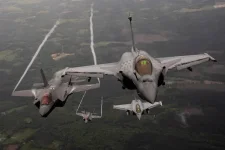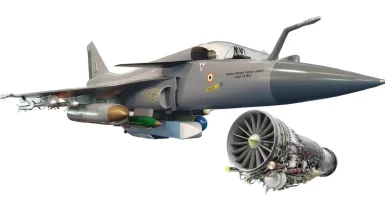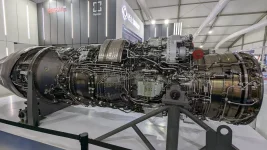- Views: 956
- Replies: 7

China's military rise, marked by significant economic and technological advancements, has extended into the international arms trade. However, despite these strides, the nation's ambitions in the high-end fighter jet market have yet to fully materialize.
China's J-10 and J-20 fighter jets, often touted as rivals to the US F-22 Raptor and F-35, remain largely untested in real-world scenarios. Operated exclusively by the People's Liberation Army Air Force (PLAAF), these aircraft lack the combat experience and international exercise participation that instills confidence in potential buyers. This stands in stark contrast to established competitors like the US, whose fighter jets boast a proven track record of success.
While China has made progress in developing its own jet engines, transitioning away from reliance on Russian models, challenges persist. Building reliable, high-performance engines is a complex undertaking, and China's efforts often result in higher production costs compared to their Russian counterparts.
This price differential presents a significant hurdle in selling aircraft like the JF-17, as countries with existing ties to Russia are often drawn to the familiarity and affordability of Russian technology.
Moreover, political influence plays a pivotal role in the fighter jet market. Long-standing partnerships and political alliances often dictate purchasing decisions.
China's assertive actions in the South China Sea have strained relations with potential buyers in the West, making them less inclined to consider Chinese weaponry.
In essence, China's fighter jet ambitions face a multi-faceted challenge:
- Quality Concerns: The unproven capabilities of Chinese jets compared to established competitors raise doubts about their performance and reliability.
- Engine Hurdles: The high production costs associated with indigenous engines hinder the competitiveness of Chinese fighter jets in the international market.
- Political Influence: Strained relations with potential buyers due to foreign policy decisions create a significant obstacle to securing lucrative deals.



